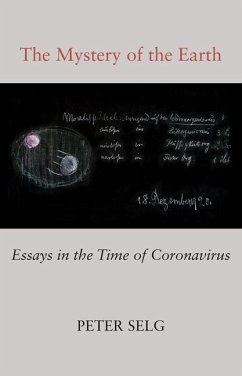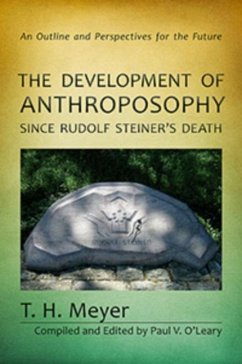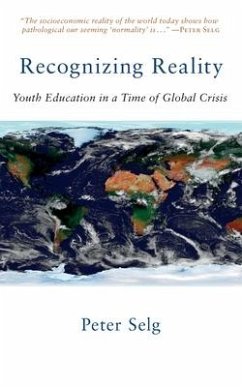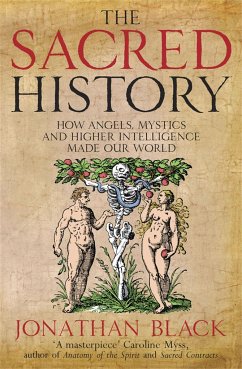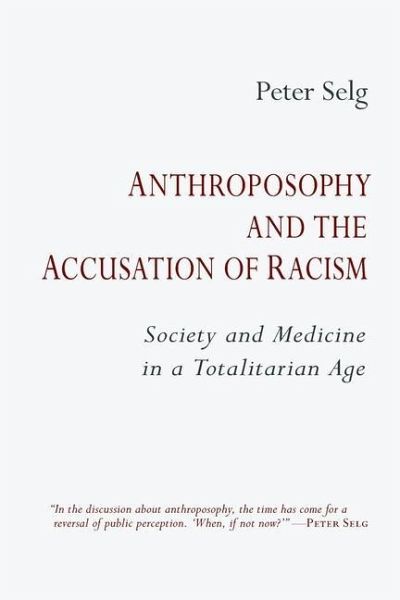
Anthroposophy and the Accusation of Racism
Society and Medicine in a Totalitarian Age
Übersetzer: Martin, Jeff
Versandkostenfrei!
Versandfertig in 2-4 Wochen
32,99 €
inkl. MwSt.

PAYBACK Punkte
16 °P sammeln!
"No longer should the blood that runs through the ancestors be of sole account. From this point onward, what every single person achieves in one's soul shall count. Every single human being shall be of value during their incarnation..." -- Rudolf Steiner The original subtitle of Rudolf Steiner's Philosophy of Freedom (1894)--" the basis for a modern worldview"--points to the lifelong project with which he was engaged: laying the basic groundwork for modern (contemporary) human beings to be able to comprehend the world in which we live, beginning with ourselves as individual, utterly unique emb...
"No longer should the blood that runs through the ancestors be of sole account. From this point onward, what every single person achieves in one's soul shall count. Every single human being shall be of value during their incarnation..." -- Rudolf Steiner The original subtitle of Rudolf Steiner's Philosophy of Freedom (1894)--" the basis for a modern worldview"--points to the lifelong project with which he was engaged: laying the basic groundwork for modern (contemporary) human beings to be able to comprehend the world in which we live, beginning with ourselves as individual, utterly unique embodiments of humanity. It's a spiritual worldview born of the essence of the modern scientific reckoning with knowledge. But its detractors, critics, and outright opponents, speaking from the standpoint of other worldviews and denying the validity of this one, from the early 1900s to today, have continued to portray it in a very different light. One such critic, typical of others, writing in 2019, deemed it "dogmatic, irrational, anti-Enlightenment, racist . . ." Those with even a passing knowledge of this worldview and the fruits of its application to life may wonder how such a modern, innovative, universally inclusive, and rational approach--one that has led to such positive and beneficial results in the world--could be so distorted and defamed. What is the substance of these accusations and are they at all well-founded? With this book, out of his comprehensive grasp of Steiner's work (its history, background, and subsequent development), together with the contextual background of twentieth-century European totalitarianism and the contemporary landscape, Peter Selg addresses these and other related questions head on.




